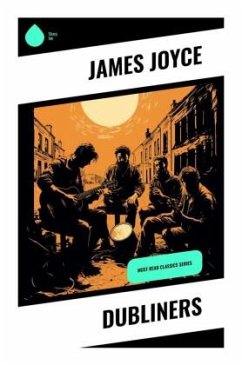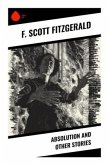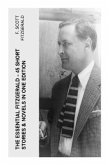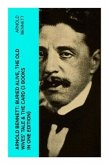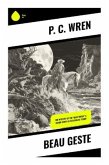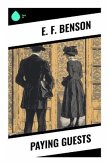James Joyce's "Dubliners" is a seminal collection of short stories that offers a poignant exploration of life in early 20th-century Dublin. With a modernist literary style, Joyce employs a stream-of-consciousness technique and richly detailed imagery to unveil the inner lives and quotidian struggles of his characters. Each story, connected through the theme of paralysis, presents a slice of Dublin life, capturing the essence of human experience and the complexities of identity, morality, and societal expectations. Joyce's work reflects the broader literary context of realism and modernism during his time, showcasing his innovative narrative strategies that challenge conventional storytelling. James Joyce, born in Dublin in 1882, was deeply influenced by his upbringing in a city rife with political and cultural tensions. His own experiences with family, religion, and social constraints inform the narratives within "Dubliners". This collection serves as a critical lens through which Joyce interrogates the socio-political landscape of Ireland, revealing the discontent and disenchantment of its inhabitants. His keen observations and sometimes autobiographical nuances create an intimate portrait of Dublin and its denizens. I highly recommend "Dubliners" not only for its artistic merit but also for its insightful commentary on the human condition. It offers readers a valuable opportunity to engage with Joyce's masterful storytelling while reflecting on the universality of struggle and aspiration. This collection serves as both a gateway to Joyce's later works and a profound examination of the complexities of life in a city that remains at the heart of Irish cultural identity.
Bitte wählen Sie Ihr Anliegen aus.
Rechnungen
Retourenschein anfordern
Bestellstatus
Storno

